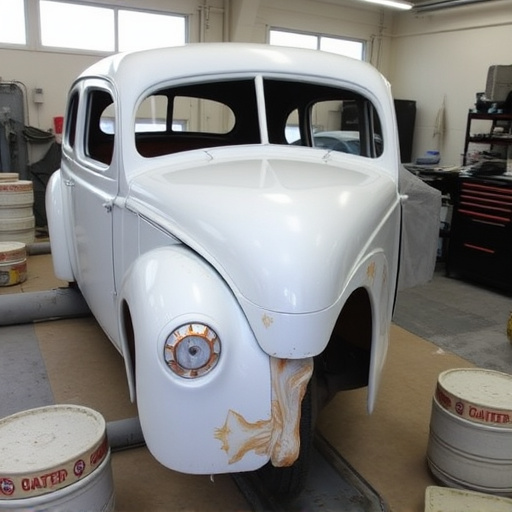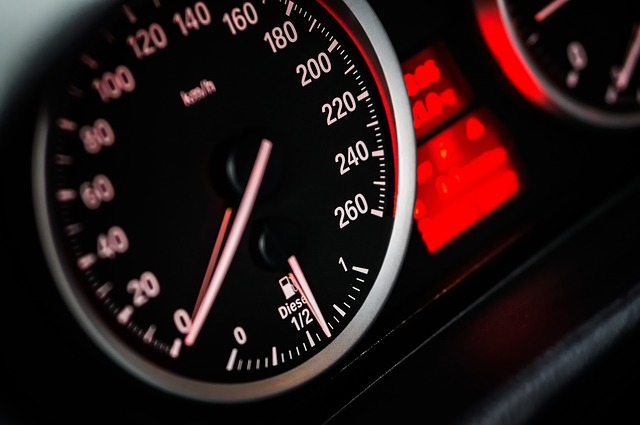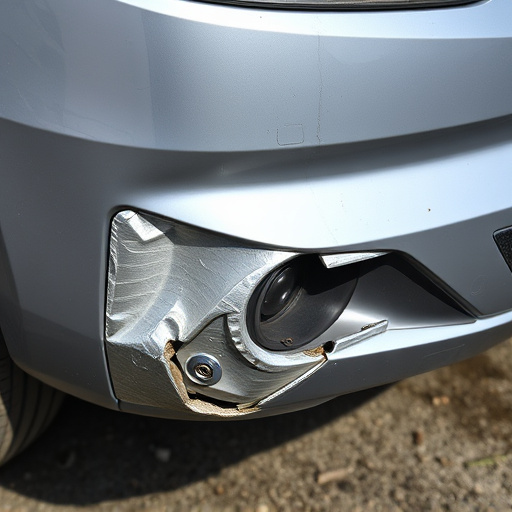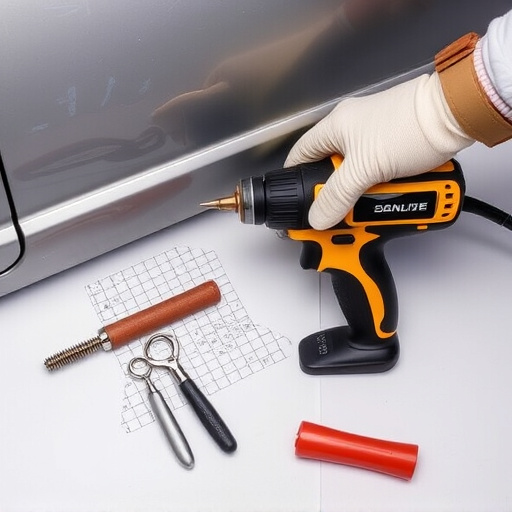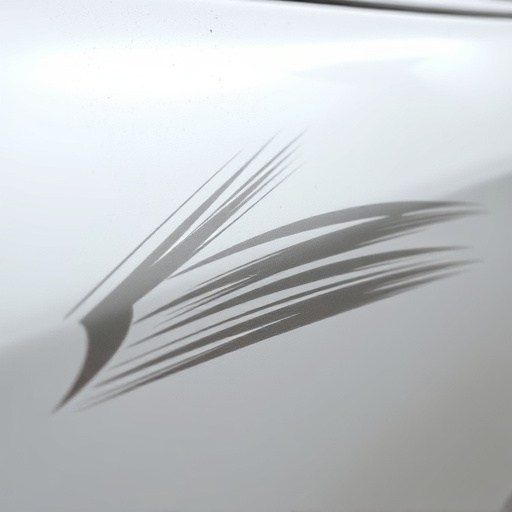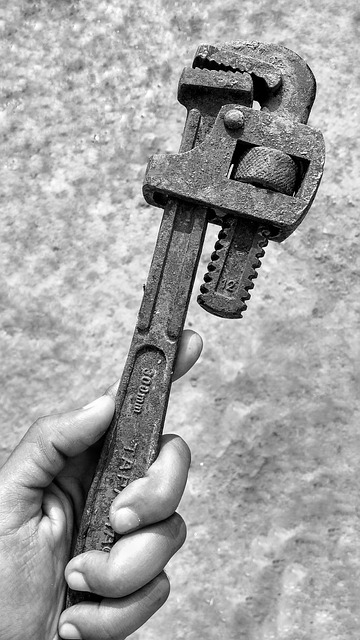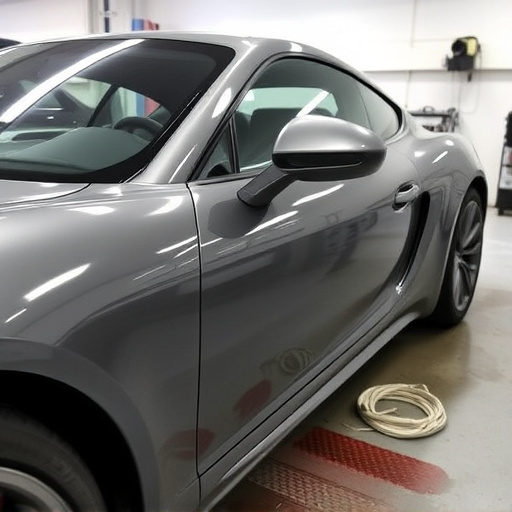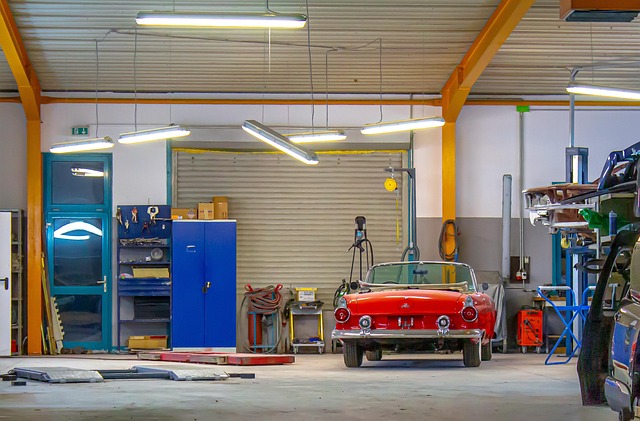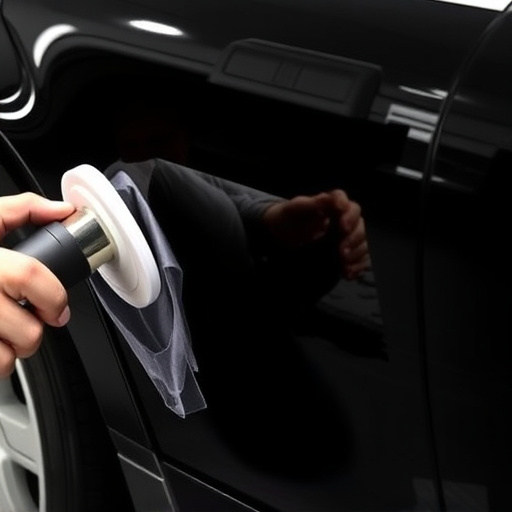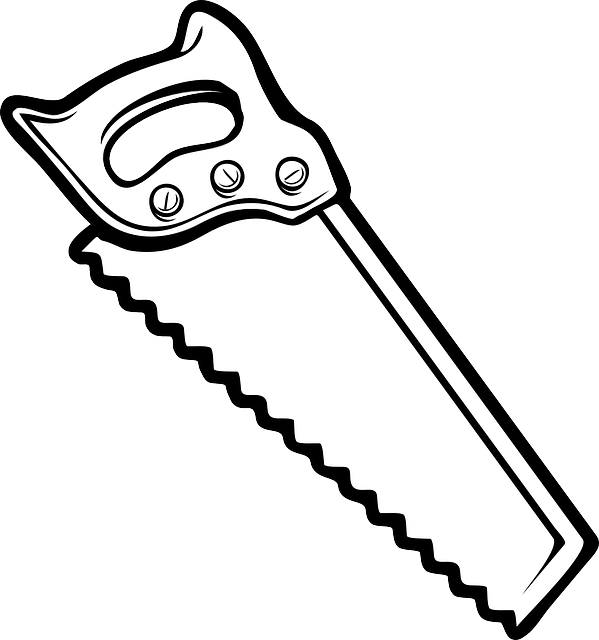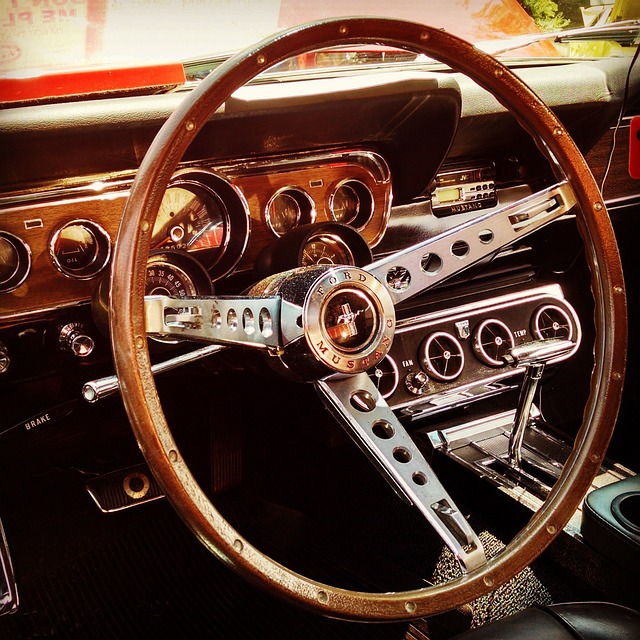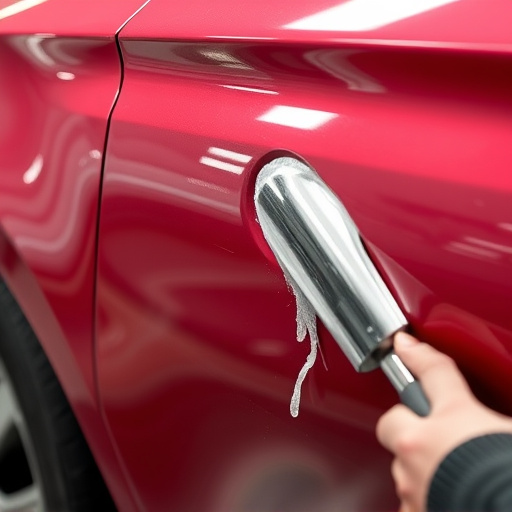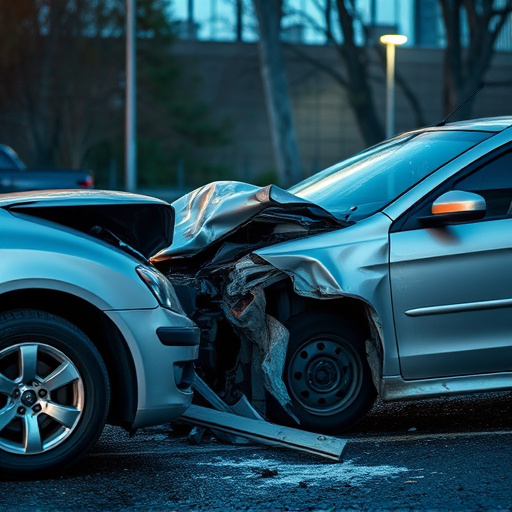Vehicle structural repair is vital for preserving car resale and trade-in values. Skilled shops use advanced tech to restore frames and unibodies, ensuring safety and optimal performance. While professional repairs can return a vehicle to pre-incident condition, factors like costs and insurance claims history affect future value. Comprehensive inspections by automotive experts are crucial to assess frame, chassis, welds, panels, and alignment for prior accidents or misalignments, influencing marketability and final price.
Vehicle structural repair is a critical aspect of automotive maintenance that can significantly impact both resale and trade-in values. Understanding how these repairs influence a car’s market worth is essential for owners looking to sell or exchange their vehicles. This article delves into the intricacies of vehicle structural repair, exploring its effects on resale value and providing a comprehensive assessment for trade-ins. From identifying common damage types to understanding buyer perceptions, this guide equips you with insights to make informed decisions regarding your vehicle’s future.
- Understanding Vehicle Structural Repair Impact
- Resale Value Considerations After Repairs
- Trade-In Assessment: A Comprehensive View
Understanding Vehicle Structural Repair Impact
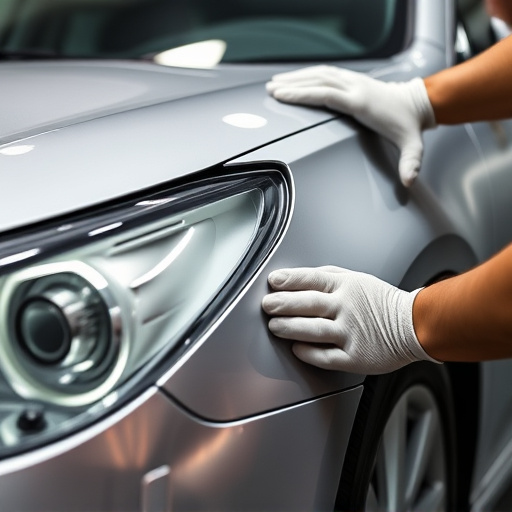
Vehicle structural repair plays a pivotal role in determining a car’s resale and trade-in value. When a vehicle sustains damage, especially to its frame or unibody, it can significantly impact its overall structural integrity and performance. Proper restoration through collision repair services is essential to mitigate these effects. Skilled auto repair shops specializing in collision repair can realign components, replace damaged parts, and ensure the vehicle meets safety standards, all of which contribute to preserving its value.
In the event of a collision or accident, the extent of structural damage can vary widely. A qualified collision repair shop assesses the damage meticulously, using advanced technology to identify subtle issues that might affect driving dynamics and safety. By addressing these concerns through comprehensive collision repair, owners can protect their investment and potentially avoid significant depreciation that often accompanies severe structural damage. This meticulous process ensures the vehicle not only looks as good as new but also functions optimally, enhancing its appeal in the secondary market.
Resale Value Considerations After Repairs
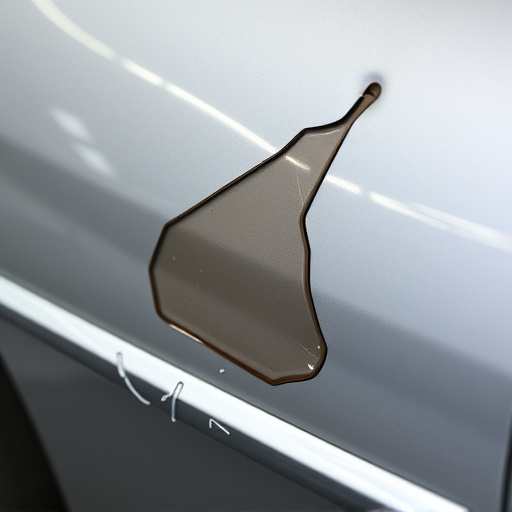
After a vehicle structural repair, one of the primary concerns for owners is how it will impact their resale value. While thorough and professional repairs can restore a car to its pre-incident condition, the process itself may introduce certain factors that affect its future marketability. For instance, the cost of parts and labor in frame straightening or car collision repair services can add up, potentially reducing the overall resale value by a small margin.
Additionally, even if the repairs are successful and invisible to the naked eye, insurance claims and prior damage history can become part of a vehicle’s record. Prospective buyers may be cautious when encountering cars with a repair history, which could influence their purchasing decision. As such, transparent communication about the extent of previous work, including any frame adjustments or structural enhancements, is crucial in maintaining or mitigating resale value.
Trade-In Assessment: A Comprehensive View
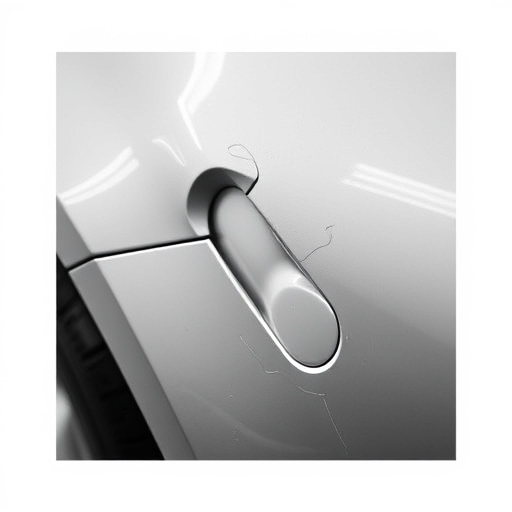
When assessing a vehicle for trade-in or resale value after structural repairs, every detail matters. Beyond simply looking at the exterior and interior conditions, automotive experts thoroughly inspect the car’s frame and chassis. Any evidence of prior accidents, misalignments, or substandard repair work can significantly impact the vehicle’s overall structural integrity and thus its market value.
Comprehensive assessments delve into the intricacies of car bodywork services, examining welds, panels, and the alignment of components. The goal is to ensure that the repairs are not only cosmetically sound but also inherently safe and reliable. This meticulous process reflects in the resale or trade-in price, as buyers increasingly demand transparency and quality assurance when considering pre-owned vehicles. Consequently, a well-documented history of thorough automotive restoration can enhance a car’s appeal and potentially command a higher market value.
Vehicle structural repair plays a pivotal role in determining a car’s resale and trade-in value. Understanding the impact of these repairs is essential for both consumers and automotive professionals alike. By considering the comprehensive assessment of resale value and trade-in implications, car owners can make informed decisions to maximize their investment. Investing in quality vehicle structural repair not only enhances safety but also ensures that a vehicle’s true worth is recognized in the secondary market.
